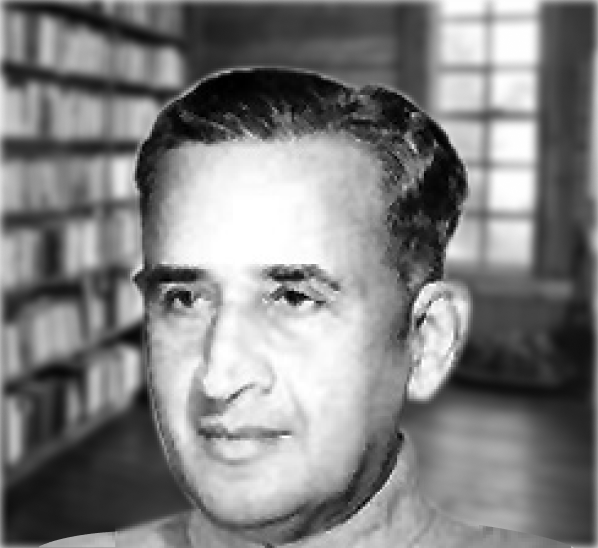- As Governor of the Reserve Bank of India, he implemented reforms and instituted the salutary practice of giving annual pictures of the national economy while assuming a prominent figure in international monetary conferences.
- As Union Finance Minister in 1950, overseeing the implementation of India’s First Five-Year Plan, he succeeded in maintaining strict financial control over expenditures of public funds.
- The RMAF Board of Trustees recognizes his exemplary performance in the service of their respective governments.
The name of CHINTAMAN DWARKANATH DESHMUKH has come to be synonymous in India with integrity in government service. His distinguished career began at the age of 24 as a member of the Indian CiviI Service. It was as Governor of the Reserve Bank of India, his country’s premier financial institution, that he became well known as an independent-minded stabilizing force. He introduced basic reforms, instituted the salutary practice of giving annually a complete picture of the national economy, and also played a prominent role in international finance as India’s delegate to a series of monetary conferences.
Shri DESHMUKH’s greatest test came with his appointment in 1950 as Union Finance Minister. Now in politics, he continued to express his opinions frankly and honestly irrespective of whether such advice might adversely affect his political future. In this position during the expansive period of the First Five-Year Plan, he was again a steadying influence and succeeded in maintaining strict financial control over expenditures of public funds.
When he resigned in 1956 over a difference of opinion on policy, he retained the confidence of both Government and the Congress Party and became Chairman of the University Grants Commission, responsible for coordinating and maintaining standards of teaching and education in universities throughout India. The quality of scholarly competence and sound reason that he has brought to this work is being felt in the universities.
Adhering personally to Spartan discipline and holding sensitive posts at a critical time in India’s development, he has set, by his example, a standard to follow.
In electing CHINTAMAN DWARKANATH DESHMUKH to receive the 1959 Ramon Magsaysay Award for Government Service, the Board of Trustees recognizes his exemplary performance in the service of his government. As our late President regarded government office as a public trust, so has this ideal characterized the careers of the one in India.
As one henceforward admitted in a special way to the fellowship of service for Asians I feel highly privileged to have this public opportunity to pay my humble tribute to the great man whose memory the Ramon Magsaysay Award Foundation seeks to perpetuate.
Each country has its own fountain sources of inspiration for those who work in some sector of public life, but the preoccupations of a complex and crowded modern life afford only rare opportunities for reinforcing the local guidance and widening the horizons of service for one’s fellow-beings.
It is, therefore, with a sense of humility and gratitude that I greet this opportunity vouch-safed to me by Providence of deriving strength and stimulation from the example of the noble life and mission of Ramon Magsaysay. We of Asia have tasks ahead that will demand the best that each one of us can give for the common good, and recognition, as by this Award, is only a reminder of the immensity of that task, of the cooperative efforts of associates and colleagues that have contributed to what little one has been able to achieve, and a spur to further efforts towards the high goal of the enhanced welfare of the millions of Asia.

